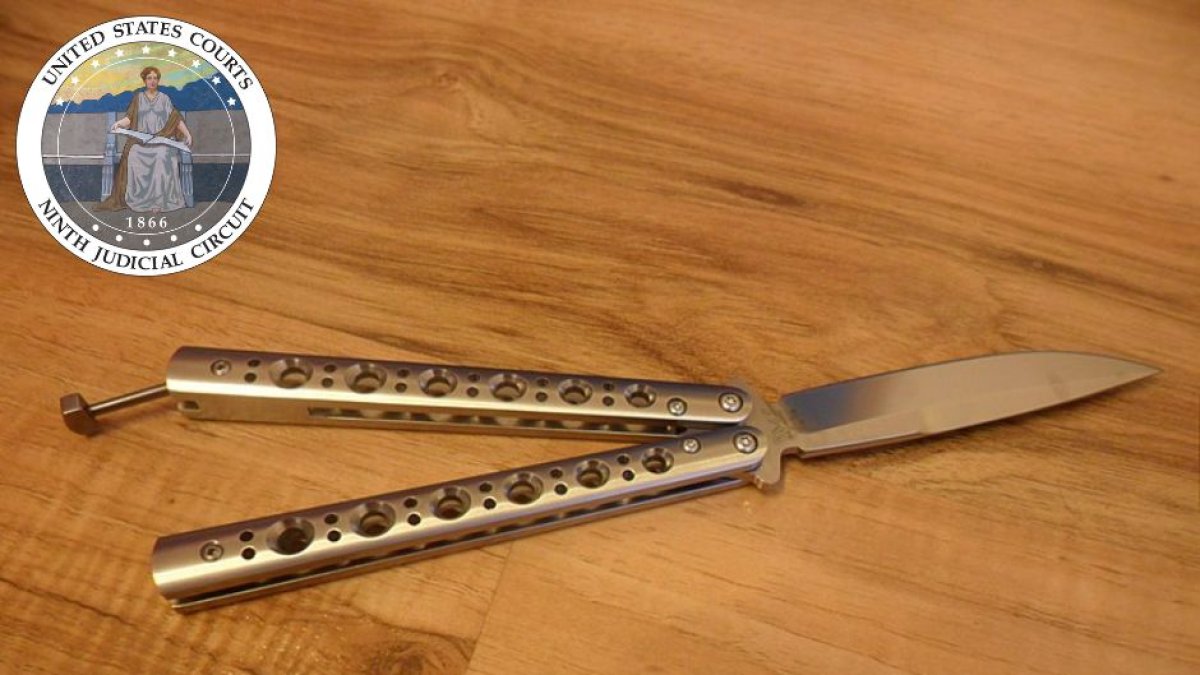Second Amendment: appellate court rules in favor of butterfly switchblade
The 'Teter v. Lopez' ruling in Hawaii may have consequences in other states where this knife is regulated and banned.

(Wikimedia Commons)
In Hawaii, possession of a butterfly knife could constitute a class C felony. Both its production and sale and possession were illegal. Until now. This Monday, a Ninth Circuit appeals court ruled in favor of butterfly knife possession. The Teter v. Lopez case ends with a three-judge panel ruling that this famous Filipino-made switchblade is backed by the Second Amendment.
The judges in charge of the case were Carlos Bea, Daniel Collins and Kenneth Lee. The trial took place in Honolulu. The case was brought to court by Andred Teter and James Grell, who demanded their right to possess this weapon "for self-defense," against the state of Hawaii, represented by its attorney general, Anne Lopez.
In their verdict, the justices assert that the butterfly knife falls within the assumptions of the Second Amendment, when it refers to "arms." They argue that section 134-53(a) of the Hawaii law, which regulates the possession of butterfly knives, violates the Constitution. According to the ruling, it is specifically the definition given to "arms" at the time of the drafting of the Constitution. "contemporaneous sources confirm that, at the time of the adoption of the Second Amendment, the term ‘arms’ was understood as generally extending to bladed weapons," the verdict reads.
"Because the plain text of the Second Amendment includes bladed weapons and, by necessity, butterfly knives, the Constitution ‘presumptively guarantees’ keeping and bearing such instruments ‘for self defense," the justices' verdict continues.
The judges considered that the butterfly knife is a "tool" that should not be restricted based on the bad reputation that weighs on it. These types of knives are prohibited in New Jersey, New Mexico and Washington. In California, those with blades longer than two inches are prohibited. Hawaii is the state with the most prohibitive law for these weapons.

























